Resilience is the ability to cope with adversity. IranWire has for years covered both the abominable human rights situation in Iran and the Baha'i community, Iran's largest non-Muslim religious minority, and how through resilience the Baha’is try to overcome the discrimination they have suffered since Iran’s 1979 Islamic Revolution.
IranWire’s latest interview in this effort is with Rafael Rincón Zerpa, former Director of Strategy and Global Affairs at pro-free society organization the Fundación para el Progreso, and now contributor to global leadership trainers Quadriga. He is Chilean but of Venezuelan background and has extensive knowledge of Latin America’s politics and history through his studies in international relations and doctorate in American studies.
How Iran Could Follow in Latin America's Footsteps
Asked what he believes Latin America can teach Iran about how to confront human rights violations, just as the Baha'i community is trying to do, Rincón Zerpa describes lessons that Latin America has given the world from both the negative and positive sides.
"Latin America has lived through terrible episodes of human rights violations," he says. "It has met generals and leaders of all stripes who, with their assistants – officials under their leadership and complicit governments – have left an indelible bloodstain and permanent pain in everyone's memory.
“The worst thing is that some are still there. In the 21st century, it’s still visible: Cuba, Nicaragua and Venezuela, that is, Nicolás Maduro - after Hugo Chávez - and Daniel Ortega. Or, in the Cuban case, first the Castro brothers and then their successor, Díaz-Canel. Fortunately, other dictatorships have gone down in history in nations that transitioned to democracy. When you look at this, you wonder if there’s something we can learn from Latin America, because it does not offer a hopeful outlook."
Rincón Zerpa draws a parallel between Latin America and what’s happening in Iran, emphasizing that the country is not only governed by an oppressive regime but also influences others dangerously beyond its borders: “Look at Lebanon and Hezbollah. Even with all this, there is not, for various reasons, a determined, or at least effective, effort by the international community to promote democratic change.
"Perhaps I'm too idealistic, but I see suffering Iranians and prominent dissidents crying out for freedom, and I think: Why is there no progress, even if it’s a difficult road? If there are Iranians who value freedom so much, why should the rest be handicapped? The difficulty is not an impossibility."
But Rincón Zerpa also finds a positive lesson in Latin America for the world: “First is the lesson of the will. Chile, where I live, experienced an episode in its recent history marked by human rights violations. Not only was there work by some activists to recover democracy, but with its return, there was an effort by leaders and intellectuals to consolidate the new institutions. There was also a willingness to turn the page without forgetting. And this was important: an enormous effort was made to move forward without denying the necessary justice for the victims."
Rincón Zerpa also sees the positive in Iran's 40-year experience of struggle: "Two names come to mind among so many others: Masih Alinejad and Maziar Bahari, who do a brave and persevering job. IranWire is a wonderful example of overcoming barriers and democratic defiance of censorship and discrimination. There can be no civil society or institutional efforts without people, will and cooperation."
On Baha'is: We Have a Duty to Engage
The Baha'is of Iran, who number in the hundreds of thousands, have been subjected to constant human rights violations since 1979, when more than 200 Baha’is were executed after the Islamic Revolution. More recently, a 1991 memorandum signed by Iran's current Supreme Leader Ayatollah Ali Khamenei said the progress of Baha'is should be "blocked" by denying access to higher education and disrupting access to employment or to own private businesses.
Rafael Rincón Zerpa believes that all human rights violations, such as those committed against a religious minority in Iran, should be treated with concern. "First, human rights are, as the term explicitly says, 'human'. We are talking about lives, but not only about organic lives, about bodies that function with their parts —a heart, arms, a brain— but about biographies, that is, about stories, dreams, trajectories, relationships, and experiences.
"When we talk about human rights, we mean those of people like you and me. We can be miles apart, have different backgrounds, live in different circumstances, speak languages we don't understand and have different customs. Still, we feel pain, sadness, suffering and hopelessness in the same way. We share what makes us human.
"Every time a person is mistreated - when someone is tortured, unjustly deprived of liberty, or threatened, it is a biography that is beaten, wounded, mutilated, terrified. When a human being is murdered, it's a truncated dream. We are individuals, but at the same time parts of families and social circles, that feel it when one of our members suffers or disappears. The impact of human rights violations is great and long-lasting. It spreads through the victims and survives in time, in memory.
"The Universal Declaration of Human Rights was prepared by representatives from the whole planet. Imagine the legal and cultural diversity! The United Nations General Assembly then proclaimed it in Paris on December 10, 1948. It is one of the most valuable consensuses we have achieved. And we must celebrate and defend it."
Beyond these questions, Rincón Zerpa emphasizes the "duty" everyone has to recognize and be aware of human rights: "In a conversation that I had with the Spanish philosopher Gregorio Luri... he raised this point. You don't have to be in a pregnant woman's shoes to give her a seat on public transport. We do it out of duty, not reluctantly, but because we appreciate what's right.
"I don't think it is necessary to be in the shoes of the victims of dictators and abusers – we can't even imagine their strife – but rather to think about our moral duty. And I think that duty leads us to action, more so than pure empathy.”
Rincón Zerpa also warns of the deep wounds left by indifference. "I want to remember here Elie Wiesel, a Holocaust survivor whom I consider a hero. A famous quote goes like this: ‘The opposite of love is not hatred, but indifference. The opposite of art is not ugliness but indifference. The opposite of faith is not heresy but indifference. The opposite of life is not death, but indifference.’ Human rights are trampled on daily in many countries, and Iran is one of them. We cannot, remembering Wiesel, be indifferent".
Iran and Venezuela: Partners in Crime
Finally, given that Rafael Rincón Zerpa is Venezuelan, the obligatory question is the particular link Iran maintains with Venezuela. IranWire has long reviewed how countries like Venezuela enabling situation in Iran affects the human rights situation on both side.
“Venezuela and Iran," he says, "are two countries ruled by two tyrannies, each with its own characteristics, but coinciding in the contempt for democracy, in the denial of people's freedom, and anti-American rhetoric. They are related by the authoritarian gene and by their aversion to the values that have promoted the progress of humanity."
But Rincón Zerpa adds of Venezuela: "I don't see that Maduro's Chavista government in Venezuela is covering up the situation in Iran. He is, rather, a companion and an accomplice. He participates in Iran's propaganda. Look at any reference to Iran in the official Venezuelan media, and you'll find an unquestionable affinity and more than abundant displays of sympathy for this regime. This not only happens with Iran, but with all the governments that were friends of Chavismo, such as those of Belarus, North Korea, Russia, China, Nicaragua and Cuba."
visit the accountability section
In this section of Iran Wire, you can contact the officials and launch your campaign for various problems






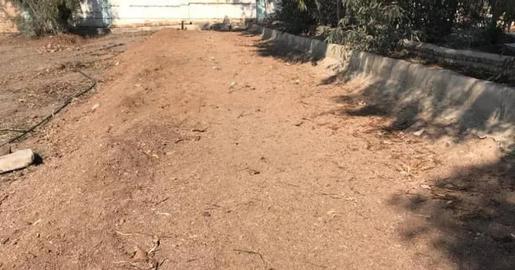
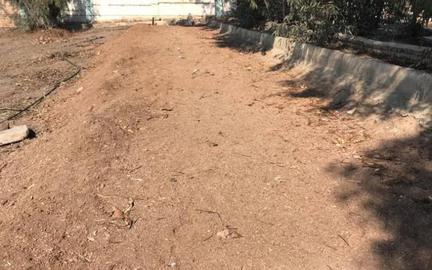

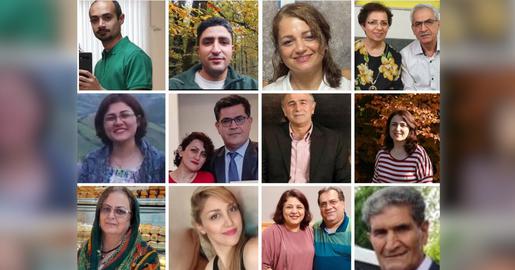
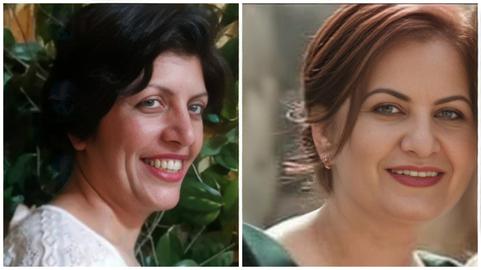

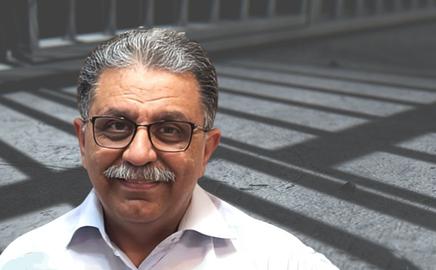

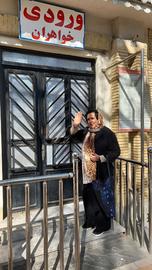
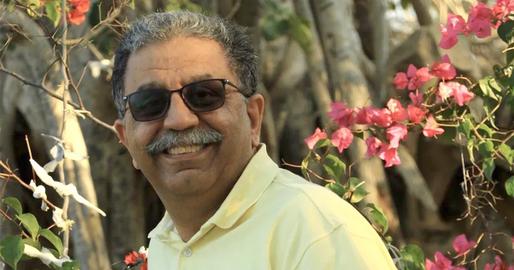



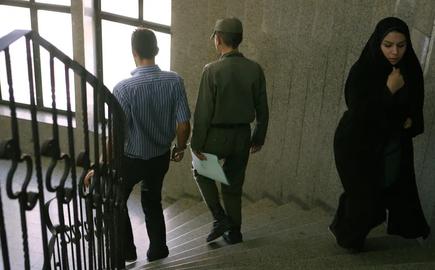
comments